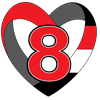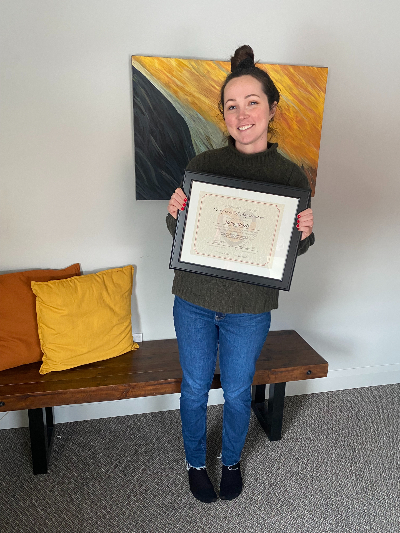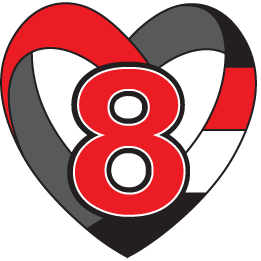
Tips & Tools
Managing your anxiety
Reiki & Anxiety

Reiki is an energy healing technique that is gaining popularity worldwide as more people look to alternative practices for physical, emotional, and spiritual healing. This practice involves using energy to promote balance in the body, mind, and spirit, and it has been shown to be effective in reducing stress, anxiety, and depression. In this month's expert blog post, we spoke with Holly Morris, a Reiki master, to learn more about her experience with Reiki, how it can benefit mental health, and what a typical Reiki session looks like. Holly's insights provide valuable information for anyone interested in exploring Reiki as a means to enhance their overall well-being.
How did you become interested in Reiki?
I had my first Reiki session in 2014 when I was 22, and it was a transformative experience. At the time, I was at a crossroads with my career and was experiencing severe anxiety, panic attacks, chronic digestive issues, and feeling burnt out. A few years prior, a friend's mom introduced me to the concept of energy and alternative modalities, which deeply intrigued me. During my first Reiki session, I initially didn't feel much, but towards the end, I experienced the effects of having space held for me to just “be” without expectation. This experience allowed me to accept whatever was coming through in the moment, and it remains one of the most powerful benefits of Reiki for me. After my first session, I decided to go to British Columbia for a month of soul-searching. I came back feeling like a new person, and in 2017, I decided to learn Reiki for myself so that I could share it with others and learn how to offer it to myself whenever I needed it.
Can anyone benefit from Reiki?
Reiki is beneficial for anyone because it meets you where you are. We all have an energetic body, but since it's not visible, it's often not taken seriously or even taught about. However, energy is always speaking to us, and Reiki uses intention to allow for the life force energy that already exists in and around everything to be increased and stimulated. When we become disconnected from our energy bodies, which can happen when we spend too little time in nature, go against our natural rhythms, or listen to others more than ourselves, we can experience blocks or sluggishness. Reiki helps bring us back to our natural state, which is inherently peaceful and loving. Since the body and mind are connected to energy, working with the energy affects the body and mind. They are not separate systems; they are always communicating with each other.
|
How do I know if Reiki is right for me and my mental health? Are there any factors that would make Reiki not good for me? Reiki is safe for adults, children, babies, and animals. Your experience with Reiki will be exactly what you need on the day that you receive it. It would be impossible for it to shift anything that wasn't ready to be shifted, and because it's an energy that is in all living things, you are already used to feeling it. Therefore, there is no way it can be dangerous or unnatural to you. If anything, it feels like coming home to yourself and feeling more connected to yourself. Regular Reiki sessions significantly reduced my anxiety because it allowed me to feel safe in my body again and begin to build trust in myself. Anxiety can be associated with all chakras, which are the main energy points in the body, and Reiki often addresses them. For example, the root chakra, when chronically out of balance, can affect your ability to feel safe and supported in your physical reality, while chronic issues in the crown chakra can relate to an inability to trust or have faith in the process of life, causing you to feel distressed with the unfolding of your life. Much of my energy was held in my stomach area because I was going against my gut instincts so often, and this physically manifested as anxiety and digestive issues. |
What would a typical Reiki session look like?
During a Reiki session with me, you will lay on a massage table, fully clothed and comfortably dressed, as you would for a massage. The less you do during the session, the better, as Reiki is about receiving and absorbing energy so that your body can come back into harmony with the natural energy of the earth. Often, we fight this natural flow, and this is where many of our problems stem from. The body knows what to do, and we often just have to get out of the way and allow it to do its work. In addition to Reiki, I incorporate sound healing tools, such as crystal singing bowls, to align the energy body further. There may also be a guided meditation and some discussion before or after the session for reflection and integration. My style of Reiki is highly intuitive, and each session is unique and tailored to the individual.
How long will it take until I notice benefits, and what would these benefits look like for mental health and beyond? How will I feel after a Reiki session?
It is hard to predict how you will feel after a Reiki session, as it is an experience that needs to be felt to be understood. However, the most common feedback I receive from others and what I personally feel after a session is a sense of relaxation, calmness, and clarity. Depending on how your body is coming back into balance and what it needs to recenter, you may feel either sleepy or energized. The length of time that this feeling lasts is also dependent on whether you make any changes in your life to support these feelings further. If you continue to do what you've always been doing, chances are you will go back to feeling the way you always have. However, if you use the clarity and calmness to make choices that better suit those feelings, it can create an opportunity for your body and mind to feel like those can be a more regular occurrence. This can slowly but surely build trust within yourself to hold on to those calm, clear feelings. This has been my experience and the feedback from people who have continued to work with their energy. For many people, Reiki is the missing link after they've tried everything else. However, it doesn't have to be a last resort option, and you don't have to wait until it gets really bad to try it.
|
Would Reiki still work for a “non-believer”? Energy is something that people all over the world and in different cultures and belief systems interact with. In yoga teachings, it's called Prana, in China it's Chi, and in Japan, it is Ki. The world is quickly accepting energy as the very real thing that it is, and now there are many ways to measure how energy changes. Even Harvard is studying Reiki, and they're finding significant improvements for people with pain, stress, and health issues. I believe that in another 10 years, energy will be common knowledge for most people, and it will be as normal as going for a massage, getting a haircut, or an oil change in your car. As a collective, we will also try to live in a way that is less stress-inducing overall, as many of the systems in place are not supportive of mental health. |
What distinguishes Reiki from other forms of energy healing practices?
Reiki is a unique Japanese system of working with energy that was officially developed just over a century ago. Originally intended to be a spiritual practice, it inadvertently brought about energetic balancing and physical healing as a side effect. After a devastating earthquake struck Japan, the founder of Reiki used it to help people, including medical doctors whom he taught the technique to. From there, the teachings were passed down and modernized to enable quicker learning. Reiki is learned through an Attunement process and an understanding of techniques and symbols.
I became a Reiki teacher because I wanted to teach people to do it for themselves, without having to visit a practitioner every time they needed to balance their energy. Many of my Reiki students seek to learn for themselves, not necessarily to become Reiki practitioners. Energetic health is just as vital as physical and mental health, and can profoundly support both. There are numerous modalities to support us, and Reiki is one of them.
What I love about Reiki is that it involves tapping into the natural life force energy that exists neutrally in all living things. This neutral energy is extremely safe, gentle, and familiar to us. Other modalities can be more intense and may be necessary at times. I heavily emphasize intuition and learning to trust ourselves in my teachings. If you feel a nudge inside you to try Reiki, I recommend following it because it changed my life in so many amazing ways. It opened me up to parts of myself that I didn't know existed and made me feel like I had come home.
We all need different things at various times in our lives, and the most critical thing is to learn to follow our instincts.
Reiki is a practice that has been around for over a century and is rapidly gaining popularity worldwide. As more people become interested in alternative healing practices, Reiki offers a safe, natural, and effective way to promote relaxation, calmness, and clarity. Holly Morris's insights into Reiki and how it can benefit mental health are valuable for anyone looking to enhance their overall well-being. Whether you are a believer or a non-believer, Reiki has the potential to transform your mental and physical health, and we encourage you to explore this practice for yourself.

- All
-
29 Nutrition
Nutrition
- 73 Mindfulness and Relaxation
- 27 Student Life
- 8 Exercise
- 51 Treatments & Therapies
- Anxiety Resources

Don't see what you're looking for? Send us an email!
©Copyright 2024 Cam’s Kids powered by Kids Help Phone
Not-for-Profit Organization. B/N: 921508-5
Thanks for visiting Cam's Kids. Please remember...
Cam's Kids is not a service provider.
If you are in crisis, please call 911 or go to your nearest emergency department. For free, confidential counselling, contact Good2Talk or Kids Help Phone.
Post-secondary students: find your local crisis resource here.

